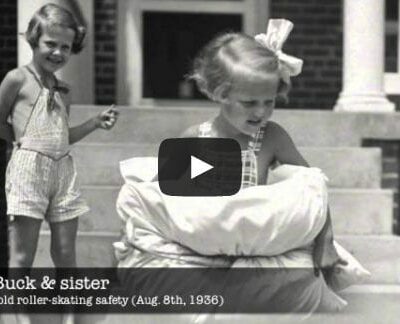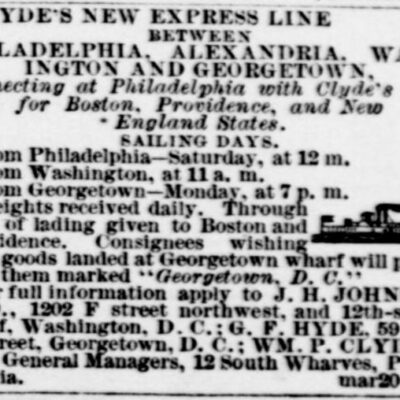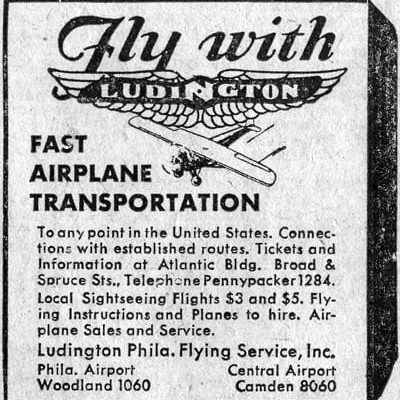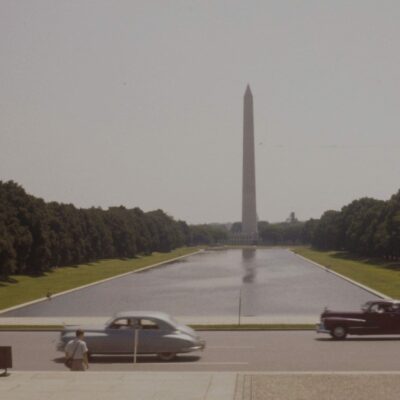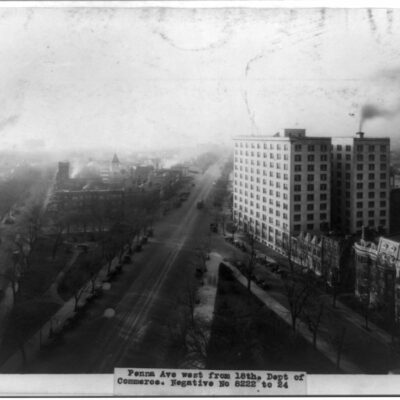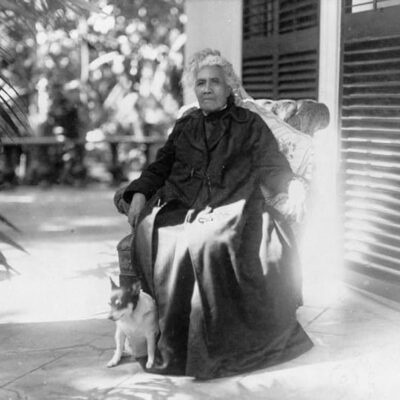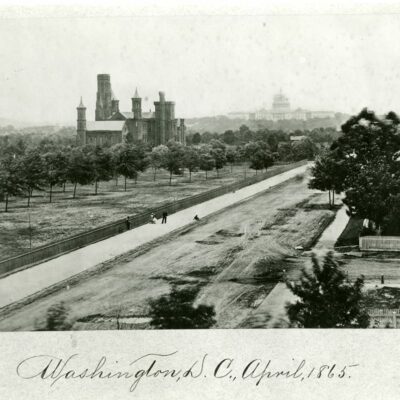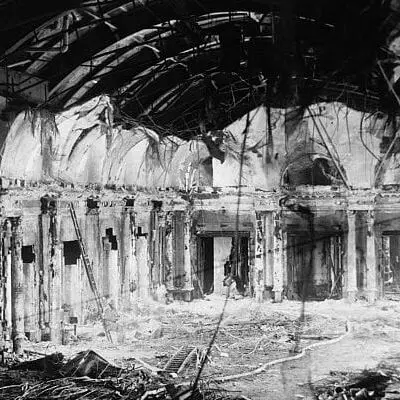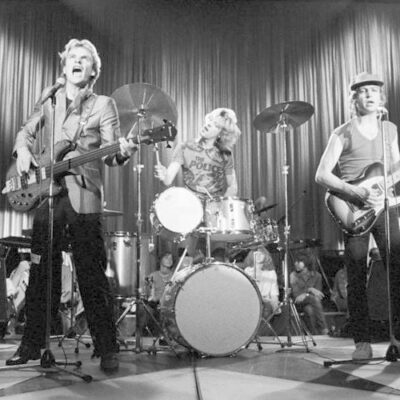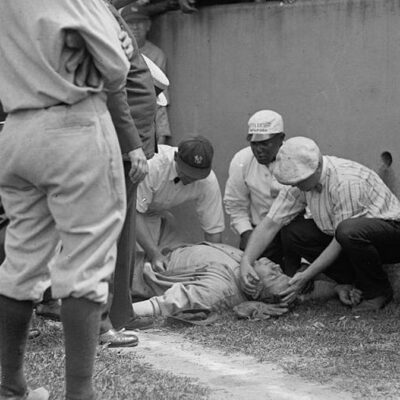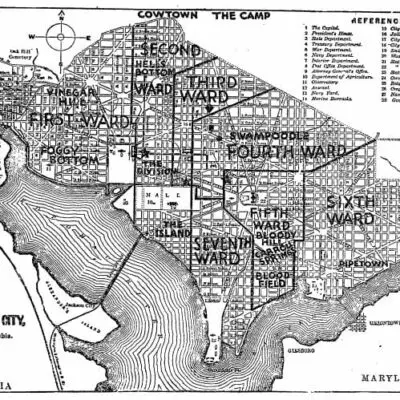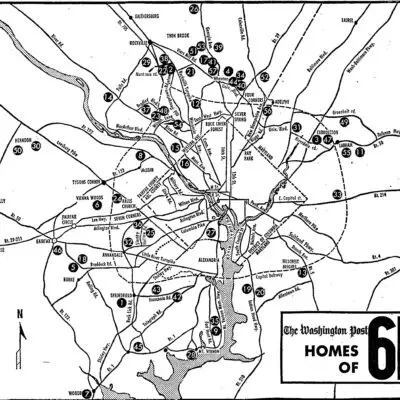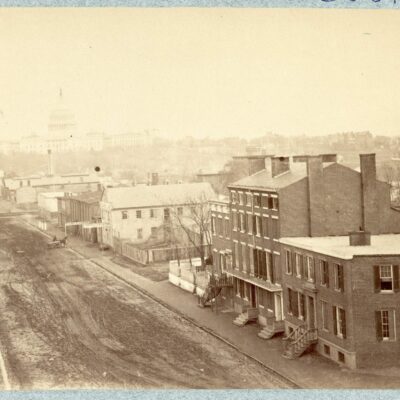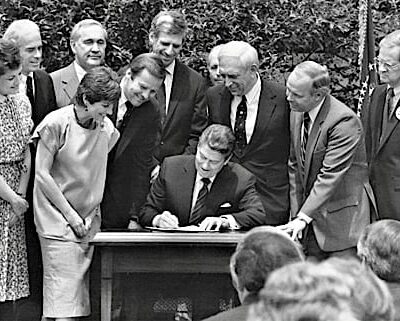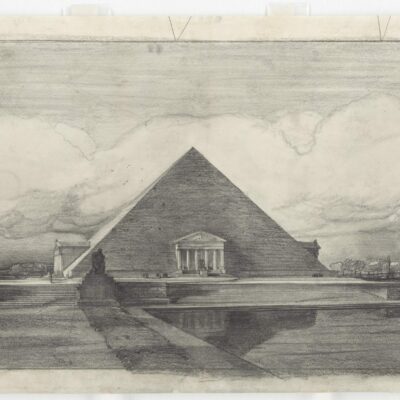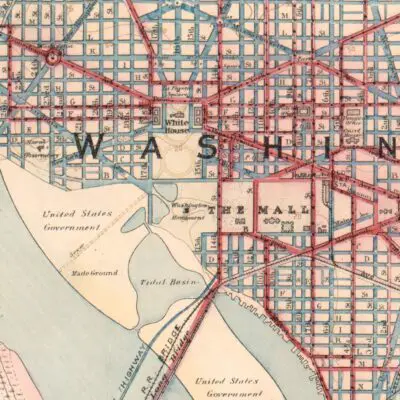Pat Garrett’s legend paints him as a famous Old West lawman, yet his controversial life raises the question – was Pat Garrett an outlaw?
Garrett was famous for tracking down criminals like Billy the Kid. However, conflicts with people like President Roosevelt led to his dismissal and financial downfall. He was known for chasing dangerous fugitives. Yet, his boldness caused accusations of misconduct and tarnished his image. While some saw him as a hero, others questioned the line between outlaw and lawman.
Examining the factors behind Garrett’s rise as a killer of outlaws, along with his fall from grace, provides a nuanced look at whether Pat Garrett himself exhibited rebellious, outlaw-like tendencies. His life shows how those enforcing the law sometimes straddled both sides.
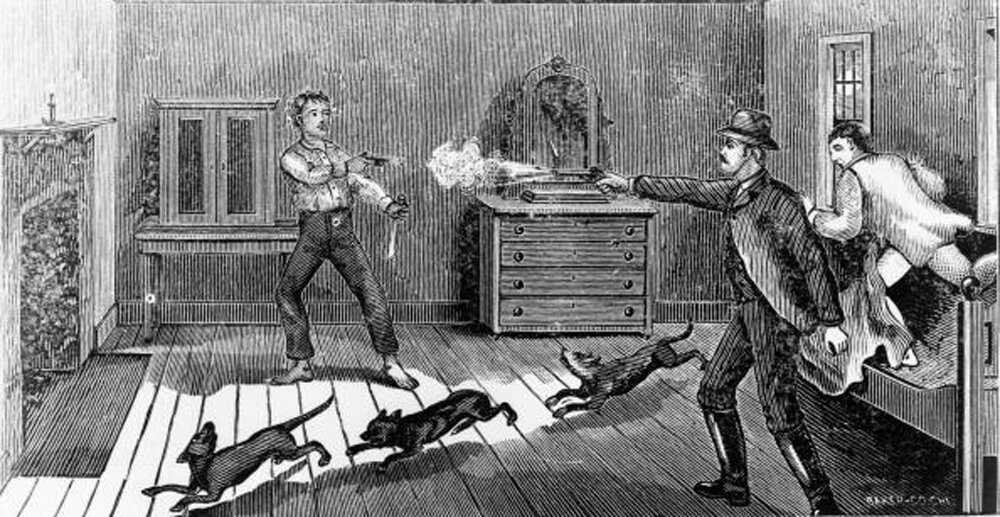
Pat Garrett’s Reputation as a Killer of Outlaws
Garrett’s path to fame began when voters elected him sheriff of New Mexico’s Lincoln County. In this role, Garrett gunned down the notorious outlaw Billy the Kid, whose murder spree had claimed over 20 lives despite Billy only being 20 years old. As sheriff, Garrett gained recognition for relentlessly hunting fugitives in a time when lawmen often shied away from confronting dangerous criminals. The Washington Post published an article on March 21st, 1903, describing him as having a “strongly marked countenance” that showed “decided character and iron nerve.” With both pistol and rifle, Garrett earned a reputation as a deadly shot capable of capturing outlaws other lawmen wouldn’t dare pursue. His skill and tenacity as a killer of fugitives like Billy the Kid propelled Garrett into the national spotlight.
Garrett’s Appointment by Roosevelt
In 1901, President Theodore Roosevelt, being a friend of Garrett’s, nominated Garrett as the customs collector in El Paso, Texas. Even though the public had reservations about giving a known mankiller a government post, the Senate confirmed Garrett, and he served in that position for several years.
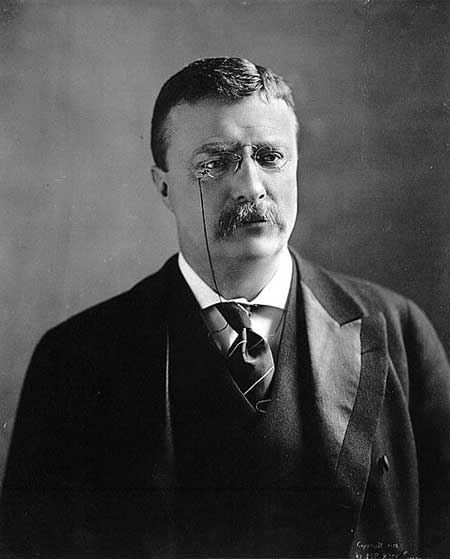
However, Garrett’s reputation as a deadly gunman caused unease even during his tenure as customs collector. As the New York Times reported on December 14, 1905, some felt that “the President had made a mistake in choosing the slayer of ‘Billy the Kid’ to fill an office that required administrative talent and a good business ability.”.
Though Garrett tried to keep a low profile in his role, he could not escape his legend. The Washington Post noted his signature traits even while collector, writing “Many people wondered at his appointment four years ago, and some did not hesitate to say that the President had made a mistake in choosing the slayer of ‘Billy the Kid'”.
Despite the concerns over his background, Roosevelt stood by his friend Garrett with the appointment, at least initially. But the gunslinger-turned-politician would soon feel the repercussions of his past.
The Rift Over Garrett’s Guest
In 1905, the relationship between Garrett and Roosevelt began deteriorating after an incident during a Rough Riders reunion. Garrett introduced Roosevelt to a disreputable acquaintance named Tom Powers. Unbeknownst to Roosevelt, Powers was a heavy-drinking gambler, far from the upstanding “cattleman” Garrett claimed him to be.

Roosevelt was furious upon discovering Powers’ unsavory background. He blamed Garrett for letting such an association tarnish his reputation. According to the New York Times, Roosevelt viewed this as an unforgivable misjudgment by Garrett that “permanently damaged their relationship.”
The fallout came quickly. Garrett felt his fortunes changing after meeting with Roosevelt. He blamed political rivals for his downfall. However, his mistake with Powers severely damaged his prospects.
This rift highlights Garrett’s increasing propensity for risk-taking behavior, keeping company with disreputable figures like Powers. His reputation as a killer mattered little to Roosevelt once Garrett showed such carelessness in overlooking Powers’ background. Their fractured friendship would haunt Garrett in the coming years.
Garrett’s Dismissal from Customs Position
The Powers incident severely hurt Garrett’s career. In 1906, Roosevelt didn’t reappoint him as customs collector in El Paso. Garrett lost the prominent position he’d held for years.
The Washington Post reported that Garrett appeared “dejected” and brooded after his pivotal meeting with Roosevelt, which led to his political downfall. While Garrett blamed his non-reappointment on his rivals’ schemes, his broken relationship with Roosevelt truly sealed his fate.
The Post stated that Garrett “has lost standing with the political contingent that stood for his appointment four years ago.” Roosevelt’s decision made it clear that their friendship could not survive Garrett’s poor judgment in associating him with a disreputable figure like Powers.
Garrett found himself ousted from the customs role once thought secure due to his Wild West celebrity. But his carelessness revealed he was unfit for the responsibilities of high office. Dismissed by Roosevelt, Garrett was sent back West in disgrace, his stellar political career abruptly terminated.
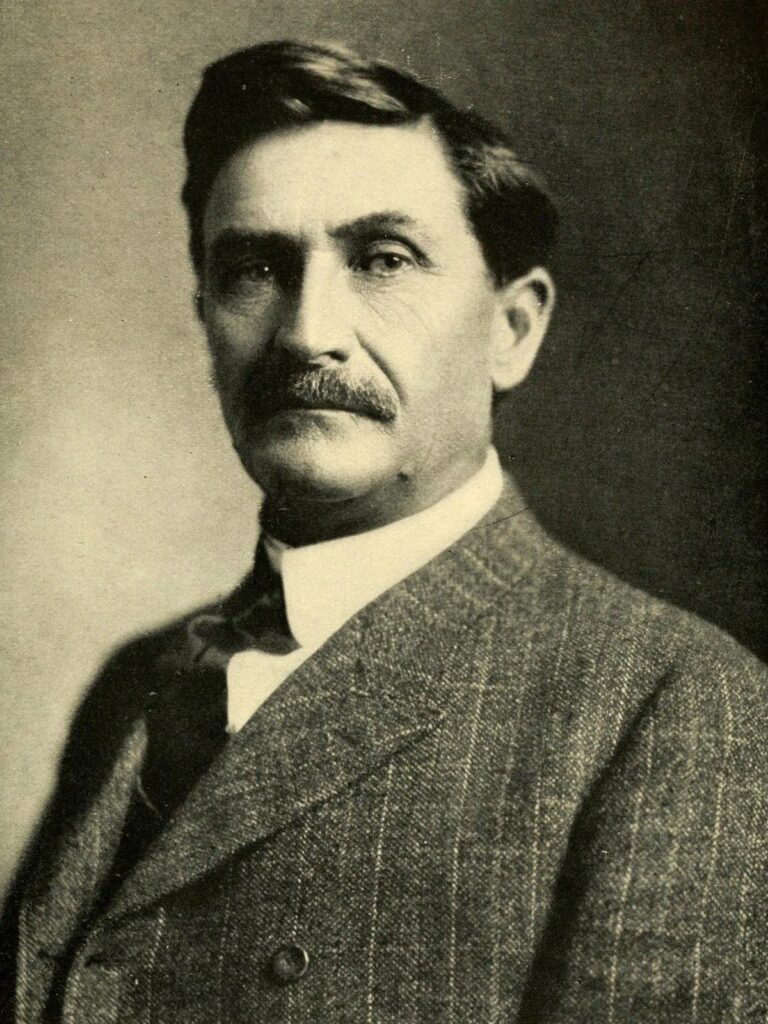
Garrett’s Decline and Death
Post the loss of his eminent political role, Pat Garrett found himself on a downward spiral. Battling addictions and financial woes, he met a tragic end in 1908 amid a ranching conflict. His decline underscored the unpredictability of reputation and political alliances during that period. Although once celebrated for his feats, including the famed capture of Billy the Kid, Garrett’s later years were overshadowed by controversy and uncertainty.
We must ask: Was Pat Garrett an outlaw or just a victim of his times? Despite his achievements, he had a complicated relationship with leaders like President Roosevelt. His struggles show the challenges of managing reputation and politics in the Old West.
